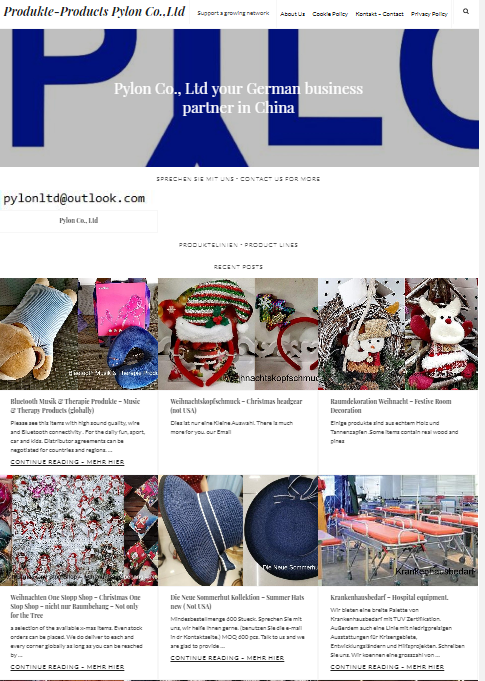Best air quality in ten years
- Details
- Category: Governmental News
- Published: Monday, 03 December 2012 09:11
Xu Changcheng, Director of Ningbo Environmental Protection Bureau, said at a media briefing on November 28 that in terms of air quality this year was the best of the past ten years.
Statistics show that by November 25, the excellent rate of air quality in the urban area reached 94.8%, with 103 days of level-one, 210 days of level-two and 17 days of level-three. In 2011, the excellent rate was 88.5%, with 76 days of level-one, 247 days of level-two, 41 days of level-three and one day of level-four. Also according to the statistics, from 2003 to 2011, the average excellent rate remained at 90%, with the record high of 92.1% in 2003 and record low of 86.6% in 2010.
For years, several major factors have affected the air quality in Ningbo. Firstly, the industrial orientation of Ningbo inevitably makes it a city with a high discharge of pollutants. Secondly, with the increasing number of private cars and rapid development of port logistics, the motor exhaust pollution (accounting for 30% of the total urban pollutants) leads to more pollution to the environment. Thirdly, with the rapid urban development, the construction dust and road dust have taken up 25% of the total urban pollutants. However, the measures to curb the pollution and the effects are far from satisfaction.
According to analysis, besides the specially agreeable meteorological factors, the good air quality has something to do with the gloomy production situation caused by economic downturn. More importantly, the accumulated effects of all the measures taken to optimize the air quality have begun to work. Since the 11th Five-year Plan period, Ningbo has been making efforts to reduce the amount of pollutants to promote the industrial transformation and upgrading. As a result, the level of pollutants has been under control and the reduction of sulphur dioxide even ranked No.1 in China. In addition to the stricter enterprise admittance system and emission standard, Ningbo also took the lead in implementing the control of total amount of coal consumption. In the special campaign of cleaning the air in 2011, nearly 600 coal-burning boilers were eliminated or stopped, 464 of which were in the areas where high-polluting fuels are banned.
Besides, Ningbo has launched another round of pollution treatment in some major areas, including the treatment of organic waste gas in Zhenhai District and Beilun District.
It is reported that in addition to promoting the industrial transformation and upgrading, Ningbo will continue to strengthen the treatment of port industrial pollution and further reduce the emission of pollutants. In the meanwhile, much can be done to deal with the vehicle (including container transport vehicles) exhaust pollution. Plus, Ningbo will continue to promote the construction of areas where high-polluting fuels are banned, and eliminate all the coal-burning boilers in these areas. From January 1, 2013 on, Ningbo will adopt the petrol that is up to the national standard No.4, and the air quality is expected to continue to improve.








